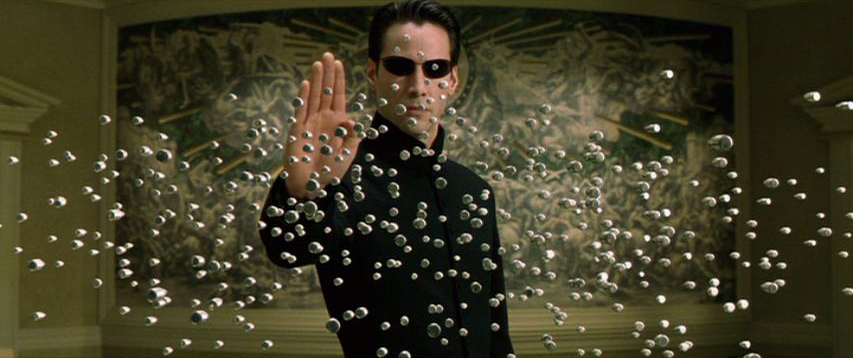HACK: “1. informal An act of computer hacking; 2. a piece of computer code providing a quick or inelegant solution to a particular problem” —Oxford American Dictionary
25 Life Hacks to Make Life More Livable!
88 Useful Hacks to Get Better Gas Mileage!
1500 Best Disneyworld Hacks!
Please stop. And by “please” I mean “unless you want to see what comes out of this rifled barrel.” Seriously, where did this use of hack for tip come from? These aren’t hacks. They are helpful hints (Notice Heloise has not changed her column to Hacks from Heloise). Everyone knows darn tootin’ well that true hacks require a computer, possibly a modem, and maybe also a voice synthesizer. You can hack NORAD. You cannot hack your dryer.
So how did clickbait writers come up with hack as a trendy synonym for suggestion? As with so many other terms, it’s probably because we crave secret knowledge or membership in some exclusive club – something hackers have enjoyed (or at least fancied themselves enjoying) since the term came into being. Breaking into mail servers requires skill and knowledge, while placing a dryer sheet on your air conditioner requires – well, none. But if you think of it as a hack, you can pretend you’re Kevin Mitnick instead of a marketing assistant wasting your B.A. in creative writing on web copy for cloud solutions.
In other words, a hack.
— Otto E. Mezzo
P.S. By the way, a hack requires a computer or computer analog, otherwise it isn’t a hack. So says Adam Penenberg.
P.P.S. Not every corporate copywriter is a hack. See: Thomas Pynchon, Dana Gioia, Otto E. Mezzo. Don’t be one.
References:
http://www.newyorker.com/tech/elements/a-short-history-of-hack
http://blogs.reuters.com/mediafile/2011/07/26/the-real-meaning-of-hack/

